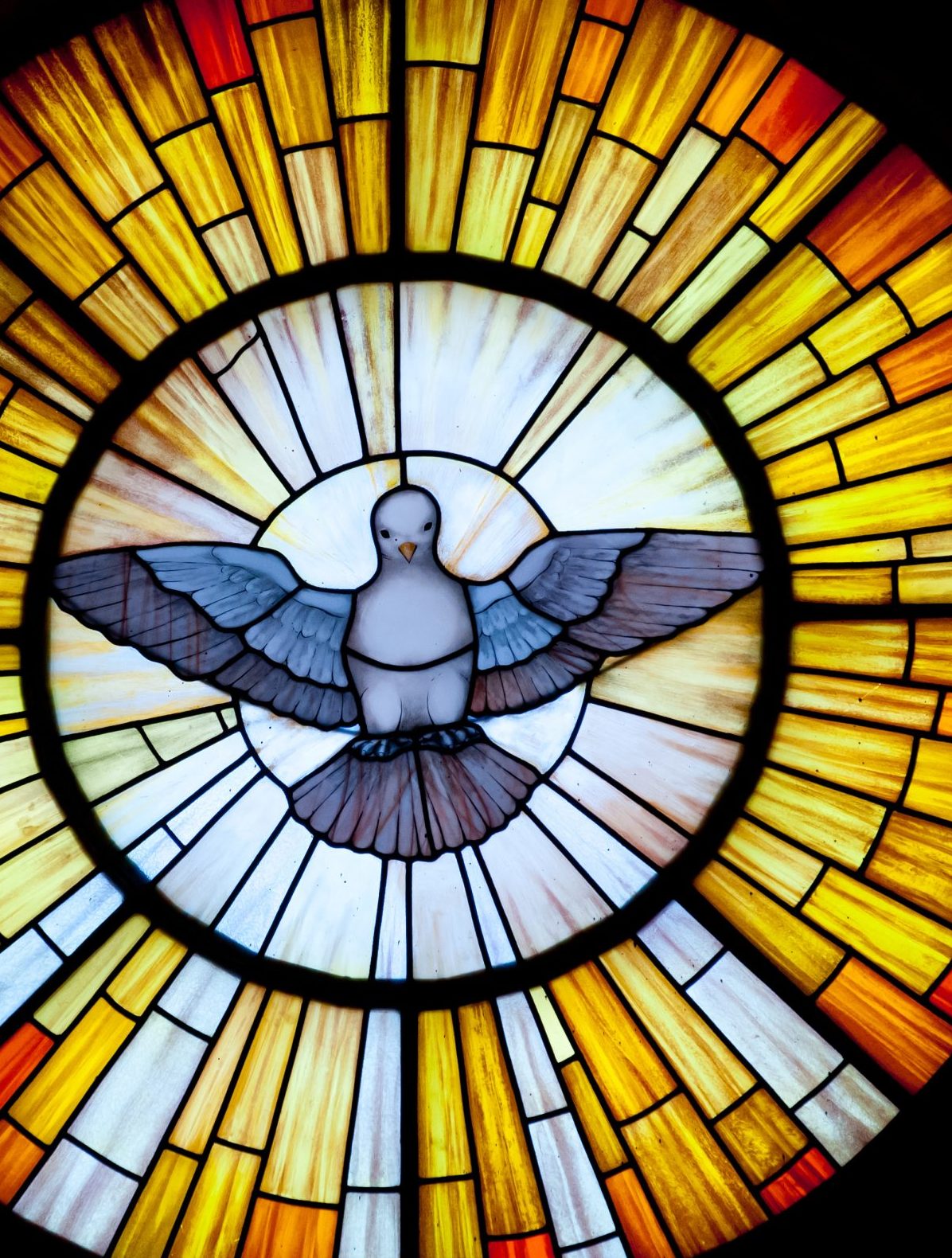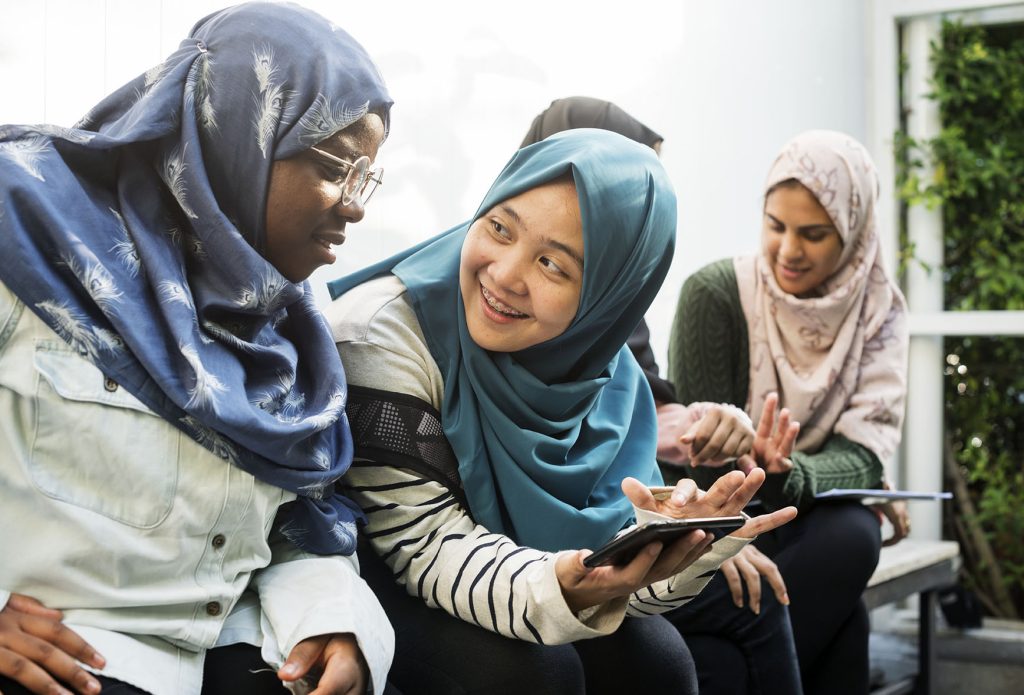Peer-to-Peer Learning

Read the following information, watch the video below, and then complete the reflection questions.
This #Faith4Rights toolkit, as refined by human rights experts and faith actors in Collonges in December 2019, suggests prototypes of peer-to-peer learning modules, exploring the relationship between religions, beliefs and human rights. It provides approaches that are adapted to faith actors, civil society representatives and educational institutions. It stimulates an interdisciplinary discussion on “faith” and “rights”, in relation to 18 key topics that serves a triple purpose: (1) engaging to ensure ownership, (2) thinking critically to face challenges, and (3) reinforcing the mutual enhancement between faith and rights.

Implementing the Faith for Rights program relies on facilitators who prepare the Peer-to-Peer learning sessions. Facilitators should:
- Become as knowledgeable about the module they are facilitating as possible.
- Familiarize themselves with human rights education methodologies.
- Be knowledgeable in both disciplines of faith and rights.
- Have coaching experience or be willing to work with a partner facilitator .
Peer-to-Peer learning is a distinctive learning process in which a group of students learn from one another by engaging on projects or sharing ideas and experiences with one another. This is different from traditional learning in which an instructor or teacher directs student learning.

Watch the video below for an explanation of Peer-to-Peer learning. This video was produced by NEOMA Business School.
Answer the following reflection questions in your Facilitator Journal:
- How can Peer-to-Peer learning help Faith for Rights participants "fully engage, speak up, and act on the ground in defence of human dignity"?
- What is the facilitator's role in a Peer-to-Peer learning environment?